#ScholarSpotlight
#ScholarSpotlight is an interview feature intended to provide Early Career Researchers/PhD students with a platform to discuss and showcase their work (what it is about and how it impacts global policy issues) and an opportunity to chart their academic trajectory and discuss their experiences in academia (why their work is important to them, who has inspired them and what advice they would give their past selves).
Our purpose and goal as a journal is to seek out the next generation of ground-breaking research in global policymaking and broaden horizons in terms of both content and authorship. We have created an open Google Form with the #ScholarSpotlight questionnaire to try and further democratise the process and reach ECRs from ALL around the world, rather than just within our own networks.
If you are an ECR or PhD Student who is researching global policy issues and is interested in doing a #ScholarSpotlight interview, please click the button below!
#ScholarSpotlight with Jill Toh
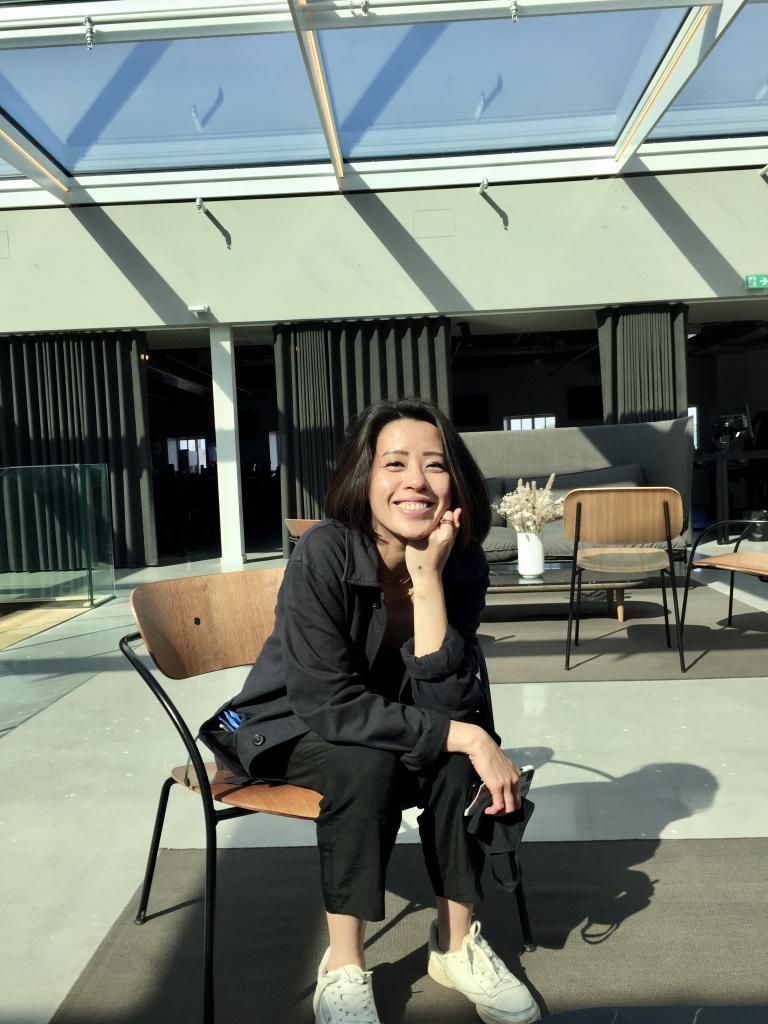 Jill Toh is a second year PhD candidate at the University of Amsterdam, Institute for Information Law. Her work looks at platform-worker relations, data governance and algorithmic management in the gig economy through a critical law and political economy lens. Jill holds a MA (cum laude) in International Affairs from Sciences Po Paris School of International Affairs and a BA (First Class Honours) in Media Studies from the University of Sussex. With two others, she runs the Racism and Technology Center, a foundation based in Amsterdam.
Jill Toh is a second year PhD candidate at the University of Amsterdam, Institute for Information Law. Her work looks at platform-worker relations, data governance and algorithmic management in the gig economy through a critical law and political economy lens. Jill holds a MA (cum laude) in International Affairs from Sciences Po Paris School of International Affairs and a BA (First Class Honours) in Media Studies from the University of Sussex. With two others, she runs the Racism and Technology Center, a foundation based in Amsterdam.
In this chat with Global Policy: Next Generation, Jill discusses platform capitalism, development in technology regulation and research, and shifting the discourse towards social justice goals through critically examining the political economy of data and AI. Read more and watch the video...
#ScholarSpotlight with Matthew Blackburn
 Matthew Blackburn is postdoctoral researcher at the Institute of Russian and Eurasian Studies at Uppsala University. He completed his doctoral thesis on nationalist discourses and the imagined nation in Post-Soviet Russia at the University of Glasgow. His research focuses on political legitimation, memory politics, nationalism and identity politics in the Post-Soviet space. His recent publications include ‘Mainstream Russian Nationalism and the “State-Civilization-Identity”’ (Nationalities papers) and ‘Political Legitimacy in Contemporary Russia’ (Russian Politics) (2020).
Matthew Blackburn is postdoctoral researcher at the Institute of Russian and Eurasian Studies at Uppsala University. He completed his doctoral thesis on nationalist discourses and the imagined nation in Post-Soviet Russia at the University of Glasgow. His research focuses on political legitimation, memory politics, nationalism and identity politics in the Post-Soviet space. His recent publications include ‘Mainstream Russian Nationalism and the “State-Civilization-Identity”’ (Nationalities papers) and ‘Political Legitimacy in Contemporary Russia’ (Russian Politics) (2020).
In this chat with Global Policy: Next Generation, Matthiew discusses nationalism and national identities, Russian and post-Soviet space and the importance of adopting interdisciplinary approaches in social studies. Read more and listen to the podcast...
#ScholarSpotlight with Milan Babić
 Milan Babić is a postdoctoral researcher within the SWFsEUROPE project at Maastricht University and incoming Assistant Professor of Global Political Economy at Roskilde University. He is a member of the CORPNET research group at the University of Amsterdam. His work deals with the transition of the global political economy from a neoliberal towards a post-neoliberal global order. His book The Rise of State Capital will be out in 2022.
Milan Babić is a postdoctoral researcher within the SWFsEUROPE project at Maastricht University and incoming Assistant Professor of Global Political Economy at Roskilde University. He is a member of the CORPNET research group at the University of Amsterdam. His work deals with the transition of the global political economy from a neoliberal towards a post-neoliberal global order. His book The Rise of State Capital will be out in 2022.
In this chat with Global Policy: Next Generation, Milan discusses his current work on decarbonisation, the importance of understanding transformations of global order and how Susan Strange and other academics have inspired his work. Read more and watch the video...
#ScholarSpotlight with Mathieu Blondeel
 Mathieu is a Research Fellow at the Warwick Business School – Warwick University (UK). As a political scientist, he specializes in global energy, environmental and climate policy and politics, with a specific focus on the (geo)politics of energy system transformation. He obtained his PhD in International Relations at the Ghent Institute for International Studies, Ghent University (Belgium) where he focussed on the emergence and diffusion of international anti-fossil fuel norms.
Mathieu is a Research Fellow at the Warwick Business School – Warwick University (UK). As a political scientist, he specializes in global energy, environmental and climate policy and politics, with a specific focus on the (geo)politics of energy system transformation. He obtained his PhD in International Relations at the Ghent Institute for International Studies, Ghent University (Belgium) where he focussed on the emergence and diffusion of international anti-fossil fuel norms.
In this chat with Global Policy: Next Generation, Mathieu discusses climate change as the defining issue of our time, research outside of academia, and how Gramsci inspires his work. Read more and watch the video...
#ScholarSpotlight with Amy Janzwood
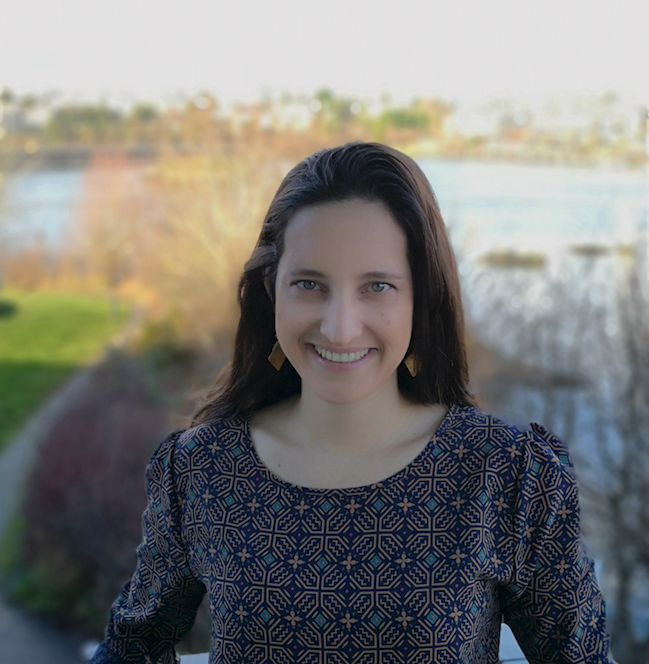 Amy Janzwood is a Postdoctoral Research Fellow at the University of British Columbia and a visiting fellow at the University of Victoria’s Centre for Global Studies. She is a political scientist specializing in Canadian and comparative energy, climate, and environmental policy and politics. Amy has a Ph.D. in Political Science and Environmental Studies at the University of Toronto and a Master of Arts in Global Governance from the Balsillie School of International Affairs.
Amy Janzwood is a Postdoctoral Research Fellow at the University of British Columbia and a visiting fellow at the University of Victoria’s Centre for Global Studies. She is a political scientist specializing in Canadian and comparative energy, climate, and environmental policy and politics. Amy has a Ph.D. in Political Science and Environmental Studies at the University of Toronto and a Master of Arts in Global Governance from the Balsillie School of International Affairs.
In this chat with Global Policy: Next Generation, Amy discusses her book project on the influence of social movements against new oil sands pipelines, engaged scholarship that inspires her, and focusing on the process. Read more and watch the video...
#ScholarSpotlight with Karolina Werner
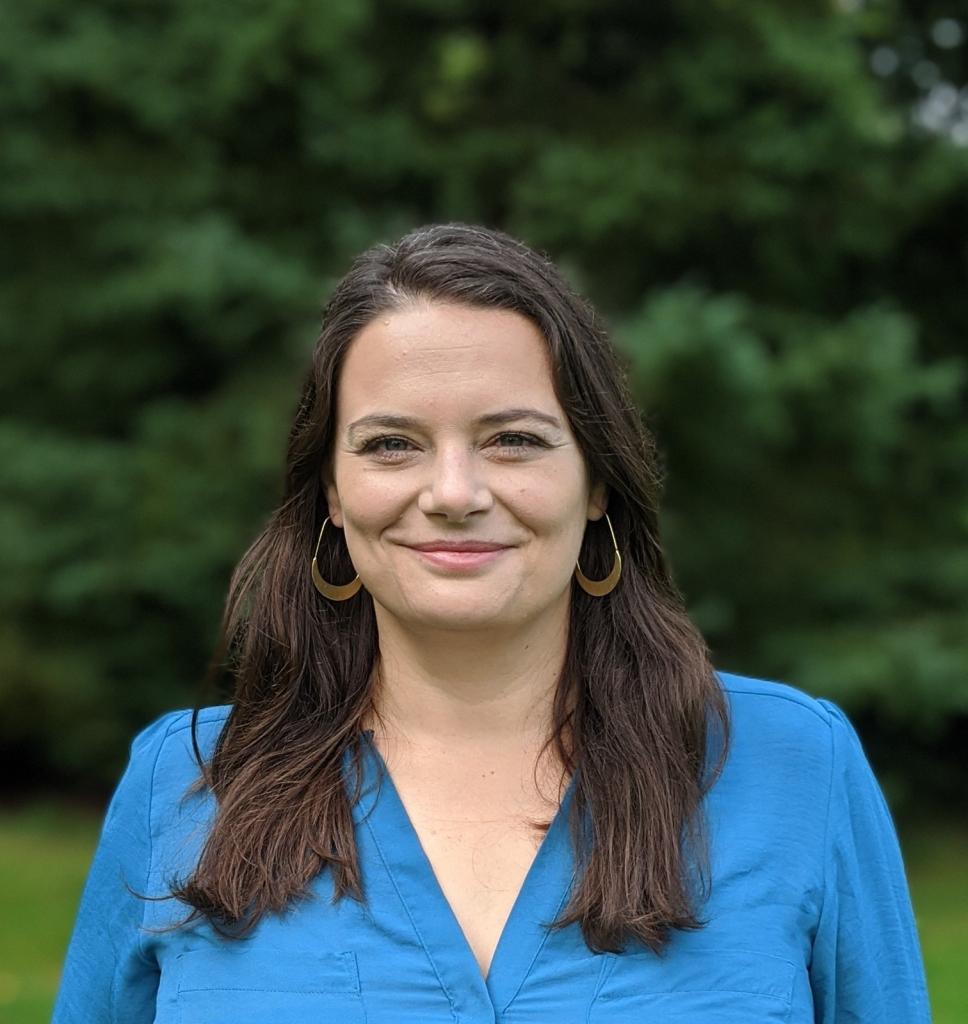 Karolina Werner is the NEST Post-doctoral Research Fellow at the Centre for Transitional Justice and Post-Conflict Reconstruction at Western University and Senior Fellow at the Norman Paterson School of International Studies at Carleton University. She holds a PhD in Global Governance from the Balsillie School of International Affairs and specializes in governance, inclusion, and peace and conflict, especially in the context of sub-Saharan Africa. She is co-founder of the Institute for Natural Resources and Sustainable Development and Theme Leader. She previously held appointments at the University of Ottawa, Centre for International Governance Innovation, United Nations Industrial Development Organization (UNIDO), and the International Institute for Applied Systems Analysis (IIASA).
Karolina Werner is the NEST Post-doctoral Research Fellow at the Centre for Transitional Justice and Post-Conflict Reconstruction at Western University and Senior Fellow at the Norman Paterson School of International Studies at Carleton University. She holds a PhD in Global Governance from the Balsillie School of International Affairs and specializes in governance, inclusion, and peace and conflict, especially in the context of sub-Saharan Africa. She is co-founder of the Institute for Natural Resources and Sustainable Development and Theme Leader. She previously held appointments at the University of Ottawa, Centre for International Governance Innovation, United Nations Industrial Development Organization (UNIDO), and the International Institute for Applied Systems Analysis (IIASA).
In this chat with Global Policy: Next Generation, Karolina discusses how indigeneity is significant to global policy, decolonising her discipline, and what she wishes she had known as a first-gen student. Read more...
#ScholarSpotlight with Caroline Tynan
 Caroline is currently the ACLS postdoctoral fellow and research manager with the Committee to Protect Journalists in New York, where she helps to document and analyze global trends in legal and physical assaults on journalists. She completed her PhD in political science in 2019 at Temple University in Philadelphia, where she also has taught several courses in international and comparative politics. She is currently working on a project documenting attacks on the media in Yemen.
Caroline is currently the ACLS postdoctoral fellow and research manager with the Committee to Protect Journalists in New York, where she helps to document and analyze global trends in legal and physical assaults on journalists. She completed her PhD in political science in 2019 at Temple University in Philadelphia, where she also has taught several courses in international and comparative politics. She is currently working on a project documenting attacks on the media in Yemen.
In this chat with Global Policy: Next Generation, Caroline discusses her new book on Saudi interventions in Yemen, thinking through writing, and the academics who inspire her. Read more and watch the video...
#ScholarSpotlight with Emma Lecavalier
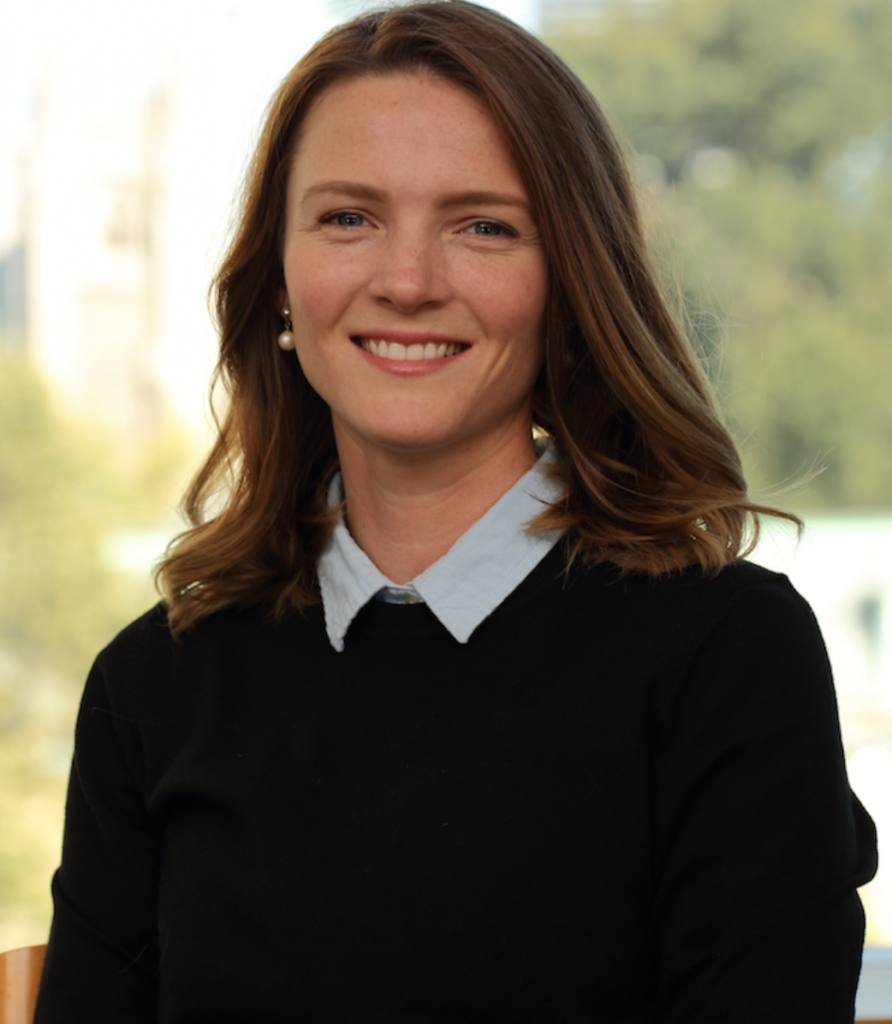 Emma Lecavalier is a Vanier CGS Doctoral Scholar in the Department of Political Science at the University of Toronto. Her doctoral research focuses on cities and global climate and environmental governance. She is a Fellow at the Global Policy Institute at Durham University and a Research Assistant with the Environmental Governance Lab at the University of Toronto. Previously, Emma spent two years as a researcher with the Global Risk Governance Programme at the University of Cape Town where she researched sustainable energy transitions in China and India. Emma holds an MPhil in International Relations from the University of Oxford and a BA (Hons) in Political Science and Global Development from Western University (Canada).In this chat with Global Policy: Next Generation, Emma discusses her research on urban climate governance, how saying yes has shaped her research, and the value of collaborating with practitioners. Read more...
Emma Lecavalier is a Vanier CGS Doctoral Scholar in the Department of Political Science at the University of Toronto. Her doctoral research focuses on cities and global climate and environmental governance. She is a Fellow at the Global Policy Institute at Durham University and a Research Assistant with the Environmental Governance Lab at the University of Toronto. Previously, Emma spent two years as a researcher with the Global Risk Governance Programme at the University of Cape Town where she researched sustainable energy transitions in China and India. Emma holds an MPhil in International Relations from the University of Oxford and a BA (Hons) in Political Science and Global Development from Western University (Canada).In this chat with Global Policy: Next Generation, Emma discusses her research on urban climate governance, how saying yes has shaped her research, and the value of collaborating with practitioners. Read more...
#ScholarSpotlight with Luciano Pollichieni
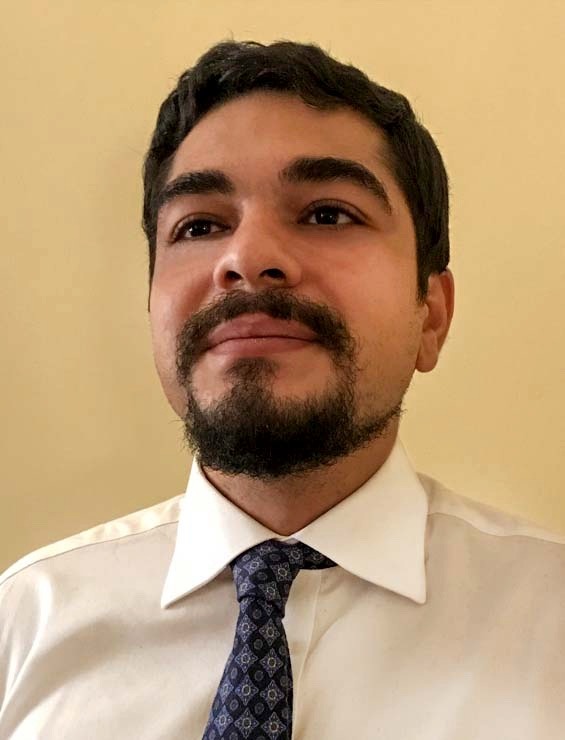 Luciano Pollichieni completed his doctoral research in the School of Politics and International Relations at the University of Nottingham where he is affiliated at the Centre for Conflict Security and Terrorism. His PhD project on "Islamist Mafias" investigated the phenomenon of the crime-terror nexus with a special focus on the activities of Al-Qaeda in the Islamic Maghreb and the Haqqani Network. He obtained a BA in Political Science and an MA in International Relations at LUISS Guido Carli University and a second MA in Geopolitics and Global Security at "La Sapienza" University of Rome. He is interested in terrorism and political violence and the crime-terror nexus.
Luciano Pollichieni completed his doctoral research in the School of Politics and International Relations at the University of Nottingham where he is affiliated at the Centre for Conflict Security and Terrorism. His PhD project on "Islamist Mafias" investigated the phenomenon of the crime-terror nexus with a special focus on the activities of Al-Qaeda in the Islamic Maghreb and the Haqqani Network. He obtained a BA in Political Science and an MA in International Relations at LUISS Guido Carli University and a second MA in Geopolitics and Global Security at "La Sapienza" University of Rome. He is interested in terrorism and political violence and the crime-terror nexus.
In this chat with Global Policy: Next Generation, Luciano discusses his research on the intersection of terrorism and organized crime, his personal connection to the topic, and must-read works for those interested in field. Read more and watch the video...
#ScholarSpotlight with Mariah Loukou
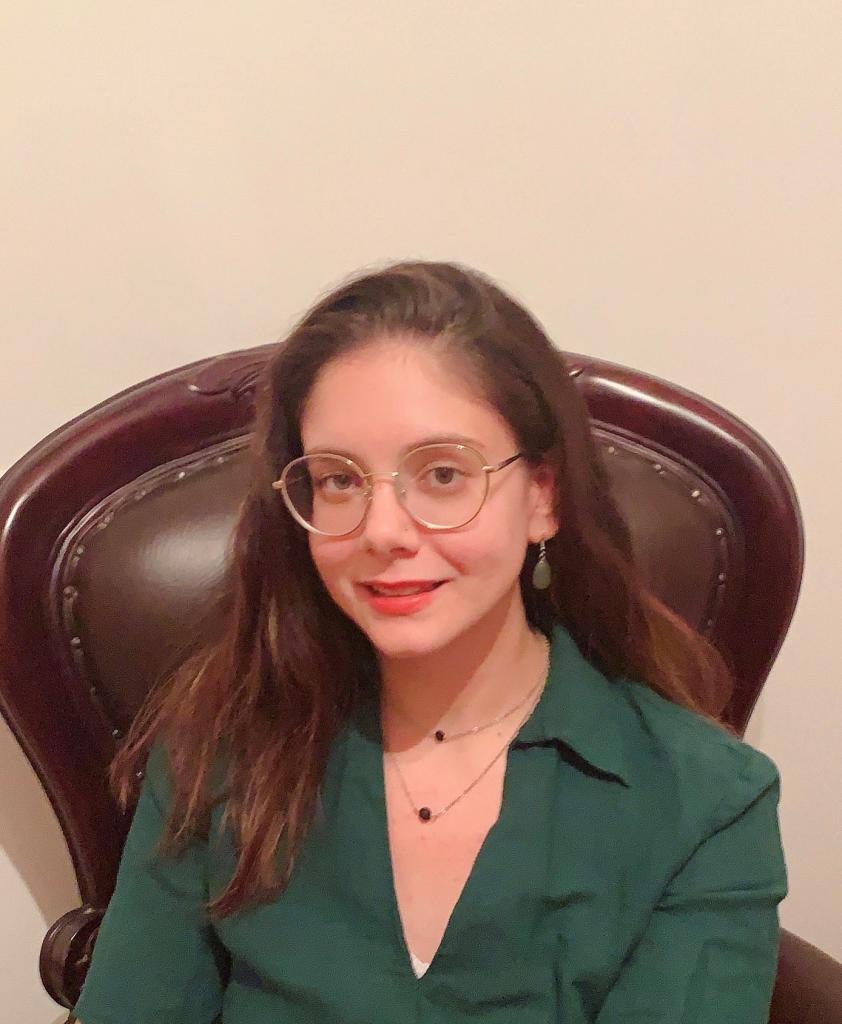 Mariah Loukou is currently completing her PhD in Critical Military Studies at City, University of London, where she is examining whether the U.S. armed forces can be transformed by tackling hegemonic masculinities through the female approach. In her current role as Research and Enterprise Policy Officer, Mariah is managing research and enterprise processes and develops new policies with the more recent examples being the Intellectual Property policy and the Conflict of Interest policy. She serves as Elections and Funding Officer of the BISA Post-Graduate Network Committee.
Mariah Loukou is currently completing her PhD in Critical Military Studies at City, University of London, where she is examining whether the U.S. armed forces can be transformed by tackling hegemonic masculinities through the female approach. In her current role as Research and Enterprise Policy Officer, Mariah is managing research and enterprise processes and develops new policies with the more recent examples being the Intellectual Property policy and the Conflict of Interest policy. She serves as Elections and Funding Officer of the BISA Post-Graduate Network Committee.
In this chat with Global Policy: Next Generation, Mariah discusses her research on gender and the military, ideas for transformational change that can inform policymakers, and following her instincts. Read more and watch the video interview...
#ScholarSunday with Alice Martini
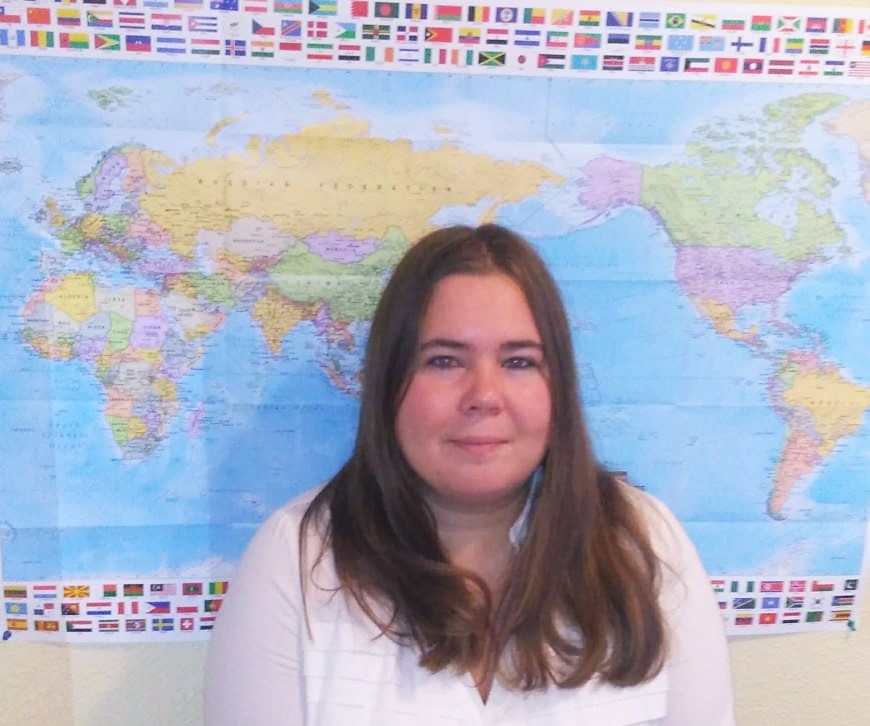 Alice Martini, an Associate Professor at the Comillas University, Madrid, where she lectures on International Security Studies and International Conflicts Analysis and Management. Alice also teaches Security Studies, International Political Economy, and International Relations theory for the Queen Mary, University of London IR online programme.
Alice Martini, an Associate Professor at the Comillas University, Madrid, where she lectures on International Security Studies and International Conflicts Analysis and Management. Alice also teaches Security Studies, International Political Economy, and International Relations theory for the Queen Mary, University of London IR online programme.
In this chat with Global Policy: Next Generation, Alice discusses her research on rethinking terrorism, the importance of critical scholars engaging with policymakers, and opening up avenues for early career researchers. Read more...
#ScholarSunday with Anastasia Shesterinina
 Anastasia Shesterinina, a Lecturer in International Politics at the Department of Politics, University of Sheffield. Anastasia’s research focuses on understanding mobilisation in armed conflict and raises interesting questions about policymaking in conflict and post-conflict zones. Before taking up her position at the University of Sheffield in 2017, Anastasia was postdoctoral fellow affiliated with the Program on Order, Conflict, and Violence at the Whitney and Betty MacMillan Center for International and Area Studies at Yale University.
Anastasia Shesterinina, a Lecturer in International Politics at the Department of Politics, University of Sheffield. Anastasia’s research focuses on understanding mobilisation in armed conflict and raises interesting questions about policymaking in conflict and post-conflict zones. Before taking up her position at the University of Sheffield in 2017, Anastasia was postdoctoral fellow affiliated with the Program on Order, Conflict, and Violence at the Whitney and Betty MacMillan Center for International and Area Studies at Yale University.
Anastasia is currently supervising PhD students, conducting doctoral training, and finishing up her book ‘Mobilizing under Uncertainty’. In this chat with Global Policy: Next Generation, Anastasia discusses her work on conflict mobilisation in Abkhazia, the challenges of conducting fieldwork, and offers advice to doctoral and early-career researchers. Read more...
#ScholarSunday with Max Smeets
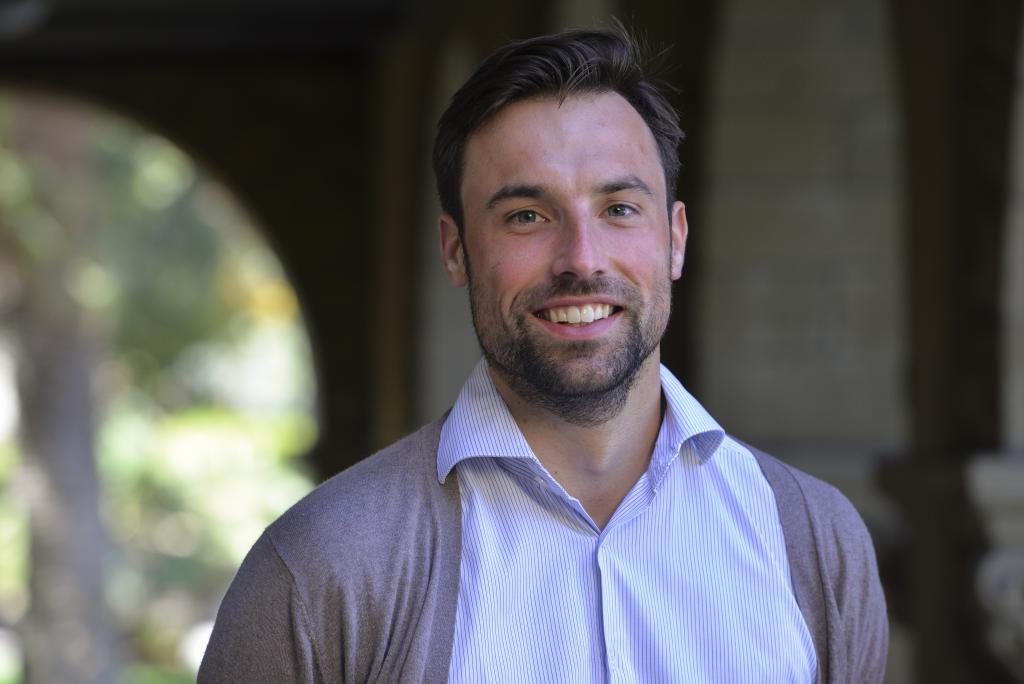 Max Smeets is a cybersecurity fellow at Stanford University’s Center for International Security and Cooperation (CISAC), a Research Associate at the Centre for Technology & Global Affairs, University of Oxford, and a non-resident cybersecurity policy fellow at New America. In 2018, he was awarded the Journal of Strategic Studies’ prestigious Amos Perlmutter Prize for the most outstanding publication by a junior faculty member.
Max Smeets is a cybersecurity fellow at Stanford University’s Center for International Security and Cooperation (CISAC), a Research Associate at the Centre for Technology & Global Affairs, University of Oxford, and a non-resident cybersecurity policy fellow at New America. In 2018, he was awarded the Journal of Strategic Studies’ prestigious Amos Perlmutter Prize for the most outstanding publication by a junior faculty member.
We’re lucky to have Max as our inaugural #ScholarSunday feature, a monthly series in which we spotlight the incredible work being done by early career researchers on pressing global policy issues. Max’s current work focuses on the causes underlying cyber proliferation and restraint and is especially relevant for understanding the future of “offensive cyber capabilities”. Read more...
